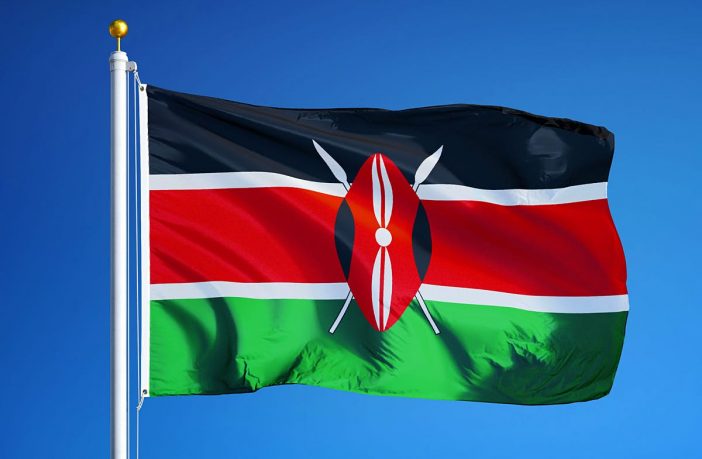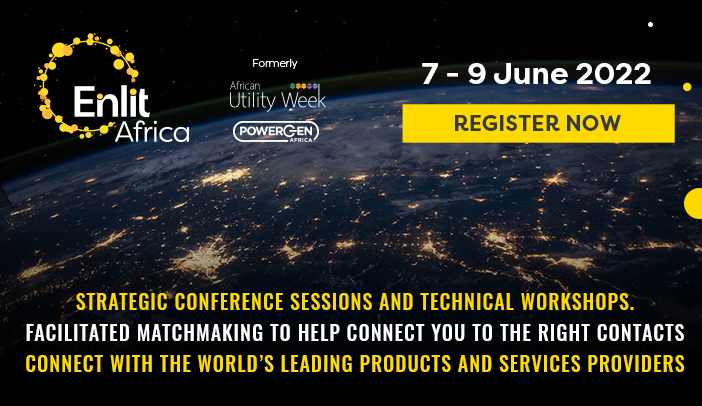- The government in Kenya is hopeful it will reach 100% clean energy by 2030 according to their Energy Principal Secretary.
With the government increasing access to clean, reliable and affordable electricity, from below 30% in 2013 to over 75% in 2020, more and more Kenyans are being connected to energy which is driving new innovations and business ideas.
Energy Principal Secretary Major General Dr Gordon Kihalangwa said that renewable energy currently accounts for 73% of all installed power generation capacity and 90% of the electricity used in country is from clean sources, which is key to improving people’s health – a necessary component in the Universal Health Coverage (UHC).
Speaking during the Kenya Energy Efficiency and Conservation Strategy Implementation Plan Validation Workshop, Kihalangwa said that Kenya is on course to achieve a 100% use of clean energy by 2030 and to achieve 100% access to clean cooking by 2028.
“The Strategic Plan covers five strategic sectors that includes households, buildings, transport, utilities-industry and agriculture. These target all the essential areas in the ‘Big Four’ Agenda of food security, affordable housing, manufacturing and affordable healthcare for all,” said Kihalangwa.
He highlighted that with the building stock in Kenya forecast to grow to approximately 47 million square metres by 2025, electricity consumption in buildings and construction sector is set to increase and electricity supply for all buildings, both new and existing, will be from clean energy sources by 2030.
Kihalangwa said that through the Energy Act 2019, the Ministry of Energy consolidated the laws relating to energy, to provide for national and county government functions in relation to energy.
“These were in the areas of promotion of renewable energy, exploration, recovery and commercial utilisation of geothermal amongst other purposes, towards putting Kenya on the path of achieving energy efficiency and conservation goals,” said Kihalangwa.
On the issues of electric vehicles the Principal Secretary said: “Our Ministry, in collaboration with the Ministry of Environment and Forestry, and the World Resources Institute, have applied for a Nationally Agreed Mitigation Actions (NAMA) Facility Small Electric Vehicle programme. The concept went through and is currently at Detailed Preparation Phase.”
He added that the Ministry is participating in the Mass Rapid Transit System within Nairobi Metropolitan Area, explaining that the Ministry of Energy influenced a decision to go electric for Bus Rapid Transport.
“KPLC with assistance from the Africa Development Bank, has established a Super Energy Service Company,” he added.
The Principal Secretary said reforms in the energy sector are continuously being formulated and implemented to improve the sustainability of the performance of the national economy and reduce greenhouse gases emissions. These reforms will support the implementation of the Paris Agreement and effort towards achieving Kenya’s climate targets as set out in the country’s first Nationally Determined Contributions.
Author: Nomvuyo Tena
Nomvuyo Tena is a Content Producer at Vuka Group and is as passionate about the energy transition in Africa as she is about music and Beyonce.
This article was originally published on ESI Africa and is republished with permission with minor editorial changes.


















